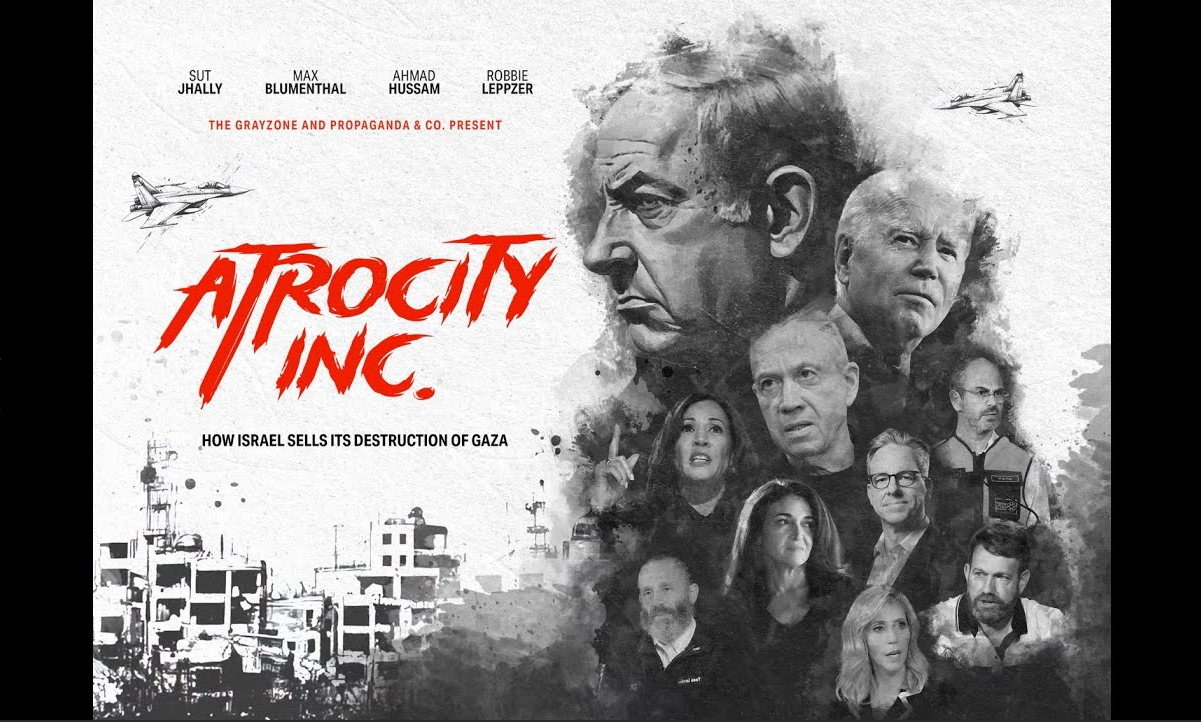In the face of Israel’s continued targeting of journalists in Gaza, Canadian Journalists for Justice in Palestine (CJJP) has issued a powerful statement condemning the August 10th killing of an entire Al Jazeera news crew in an Israeli airstrike. CJJP, a national coalition formed in April 2025 by concerned Canadian media professionals, includes reporters, editors, broadcasters, photojournalists, and media scholars united by a commitment to press freedom and journalistic accountability.
The organisation, with active branches in Toronto, Vancouver, and Montreal, was established in response to growing alarm over the lack of accuracy, balance, and ethical depth in Canadian coverage of Palestine. Since its founding, thirteen more journalists have been killed in Gaza.
CJJP’s latest statement demands that the Canadian government uphold its moral and legal responsibilities by naming Israel as the perpetrator, ending its diplomatic hedging, and pursuing international accountability for the systemic killing of Palestinian journalists—killings that constitute war crimes under international law.
This is their urgent call to action.
Nearly two years into the most widely documented genocide on record, Israel’s rampant killing of civilians in Gaza continues unabated. Its latest attack, the murder of an entire crew of Al Jazeera journalists on August 10, is a continuation of Israel’s attempts to cut Palestinians out of our news cycles by eliminating the eyes and ears of Gaza.
As a coalition of journalists, Canadian Journalists for Justice in Palestine (CJJP) condemns, in the strongest possible terms, the impunity with which Israel has conducted its latest massacre of Gaza’s press.
A few months ago, we founded CJJP in response to growing concerns among Canadian journalists about the accuracy, balance, and depth of media coverage concerning Palestine. Our membership includes reporters, editors, photojournalists, broadcasters, and media scholars who believe that the principles of fair reporting and freedom of expression must be upheld, especially in relation to international human rights and the role of Canada in global affairs. Since our founding in June, Israel has killed thirteen more journalists in Gaza.
On Sunday, reporters Anas al-Sharif, 28; Mohammed Qreiqeh, 33; and camera operators Ibrahim Zaher, 25; Mohammed Noufal, 29; and Moamen Aliwa, 23, were among the seven people killed in an Israeli airstrike on a media tent outside Al-Shifa hospital. Their names are added to a growing list of more than 200 journalists Israel has killed in Gaza since October 7, 2023.
Canada issued a welcomed condemnation of the Al Jazeera killings in
a post on X and called for “full accountability and for the protection of media everywhere”. However, the Canadian government stopped short of naming Israel in that same post. How can we protect journalists when we can’t even name who is killing them? Now is not a moment for diplomatic hedging. It is a moment for moral clarity. We need to move towards accountability. Israel’s protracted era of absolute impunity must come to an end, and Canada can play a direct role in that process. A lot is at stake here: the lives of the Palestinian journalists who remain in Gaza, and our own humanity and credibility as a profession.
In solidarity with our Palestinian colleagues in Gaza, we demand that the Canadian government fulfill both its moral and legal obligations under the Crimes Against Humanity and War Crimes Act and to implement the Rome Statute, which Canada helped develop, by pushing for the prosecution of Israeli lawmakers for the specific war crime of murdering journalists. In addition, it needs to pursue immediate, transparent investigations by human rights groups into the killing of each journalist in Gaza and hold those responsible fully accountable under international law.
Anas al-Sharif was a Pulitzer Prize winner who received Amnesty International’s Human Rights Defender Award last year. He wrote in
his final note: “I have lived through pain in all its details, tasted suffering and loss many times, yet I never once hesitated to convey the truth as it is, without distortion or falsification.”
Israel has killed more journalists than the U.S. Civil War, World Wars I and II, the Korean War, the Vietnam War (including the conflicts in Cambodia and Laos), the wars in Yugoslavia in the 1990s and 2000s, and the post-9/11 war in Afghanistan — combined. Canada presents itself as a staunch defender of press freedom and human rights. However, this claim rings hollow when our government refuses to condemn these atrocities in clear terms, and continues to engage in military and economic cooperation with the state responsible for them.
Israel has already banned international media from entering Gaza. Local journalists risk their lives to bear witness and to tell the stories that Israel would prefer to silence. These journalists go to work facing starvation and imminent death, reporting even as their own loved ones are killed (al-Sharif’s father, Jamal, was killed on December 11, 2023,
when Israel bombed their family home in Jabalia). They report on the unending deaths as they prepare for their own with farewell notes, knowing they will be smeared even in death. Israel knows the risk of leaving journalists alive in Gaza: its war crimes will continue to be documented for the world to stream for hours on end.
We ask Canadian media rights organisations such as Journalists for Human Rights, Canadian Journalism Foundation, Canadian Journalists for Free Expression and the Canadian Association of Journalists to heed Al-Sharif’s final call to act and to pressure the Canadian government to take action to stop Israel now. The systemic killing of journalists cannot be dismissed as collateral damage. These are war crimes that must never be normalised, excused, or forgotten.














































